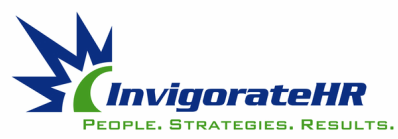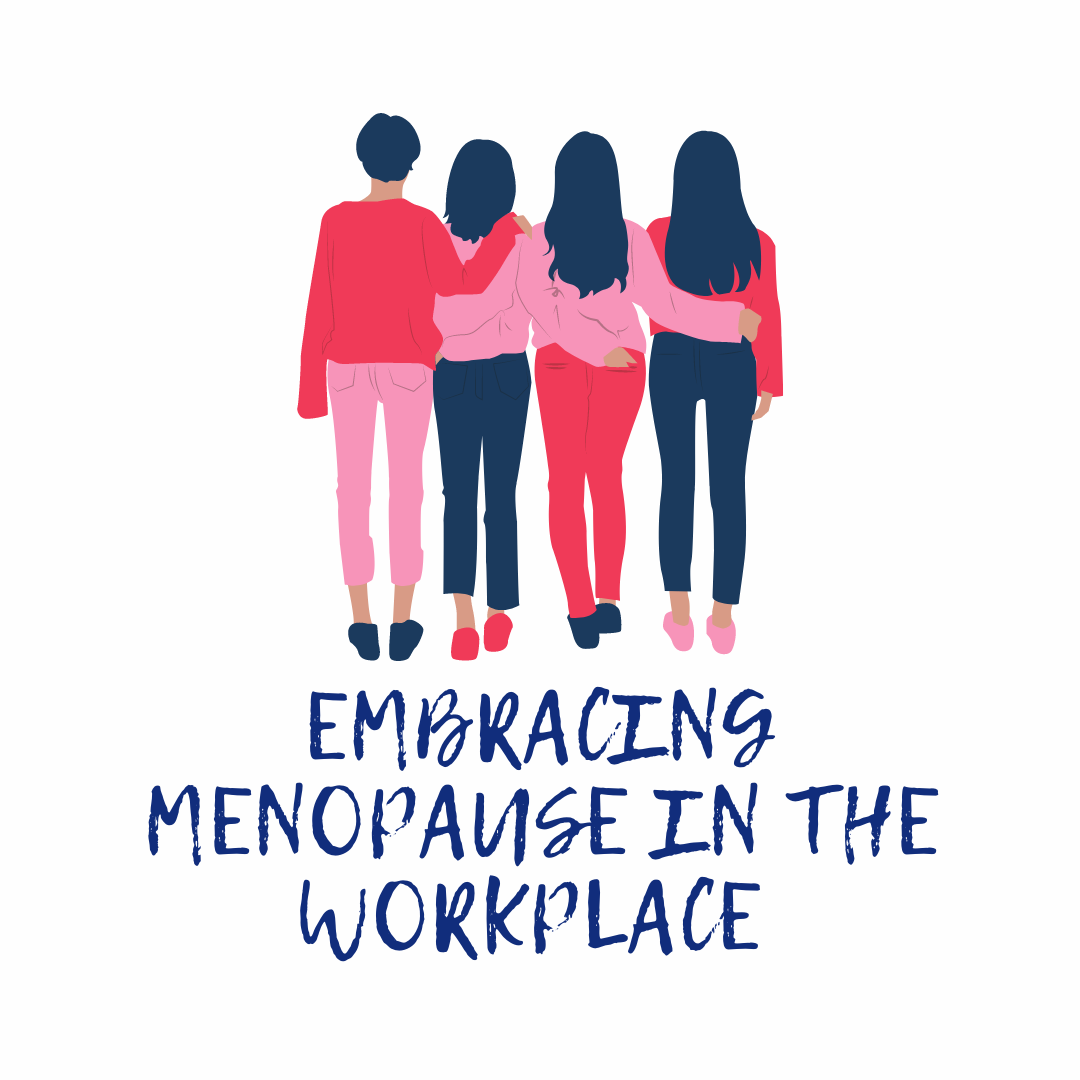 As we navigate the ever-evolving landscape of the modern workplace, one generation is making its presence increasingly felt: Generation Z. Born between 1997 and 2012, Gen Z is now entering the workforce in large numbers, bringing with them unique perspectives, values, and expectations. As HR professionals and business leaders, it's crucial that we understand and adapt to this new generation to create a workplace that engages, motivates, and retains this vital talent pool. Why Focus on Generation Z? Gen Z represents more than just the future of our workforce; they embody a shift in workplace dynamics that we cannot ignore. Having grown up in a world of rapid technological advancement, social media ubiquity, and increasing globalization, Gen Z brings fresh perspectives and innovative ideas to the table. They're digital natives, entrepreneurial spirits, and socially conscious individuals who desire to make a real impact through their work. Understanding Gen Z is not just about catering to a new demographic; it's about bridging generational gaps in our multi-generational workplaces and fostering effective collaboration across age groups. Failing to engage Gen Z could lead to high turnover rates and difficulty in attracting top talent from this generation. June is often celebrated as PRIDE Month, a time to honor and support the LGBTQ+ community through various events, campaigns, and initiatives. However, fostering an inclusive and supportive workplace for LGBTQ+ employees shouldn't be limited to one month. As HR professionals, you play a crucial role in embedding PRIDE values into the fabric of your organization year-round. Here are practical strategies to support PRIDE every day.
Establish and Enforce Inclusive Policies. To support PRIDE year-round, HR professionals should start with a comprehensive review of their organization's policies to ensure explicit protection for LGBTQ+ employees from discrimination and harassment. Implementing policies that support transgender and non-binary employees, such as inclusive bathroom policies and guidelines for name and gender changes in company records, is essential. Additionally, HR should ensure that benefits, including health insurance, parental leave, and family leave, are inclusive of all employees, regardless of their sexual orientation or gender identity. These steps are foundational in creating a truly inclusive workplace. As HR professionals, we have a crucial role to play in fostering a supportive and inclusive atmosphere where employees feel valued, understood, and empowered to prioritize their mental well-being.
Consider these sobering statistics about mental health in the workplace:
Navigating AI Policies in the Modern Workplace: Balancing Innovation with Human-Centric Values4/11/2024
In today's fast-paced digital landscape, the integration of artificial intelligence (AI) into workplace processes has become inevitable. From streamlining operations to enhancing decision-making, AI holds immense potential to revolutionize how we work. However, with great technological advancements come great responsibility, particularly in the realm of human resources.
|
Archives
December 2024
|





 RSS Feed
RSS Feed